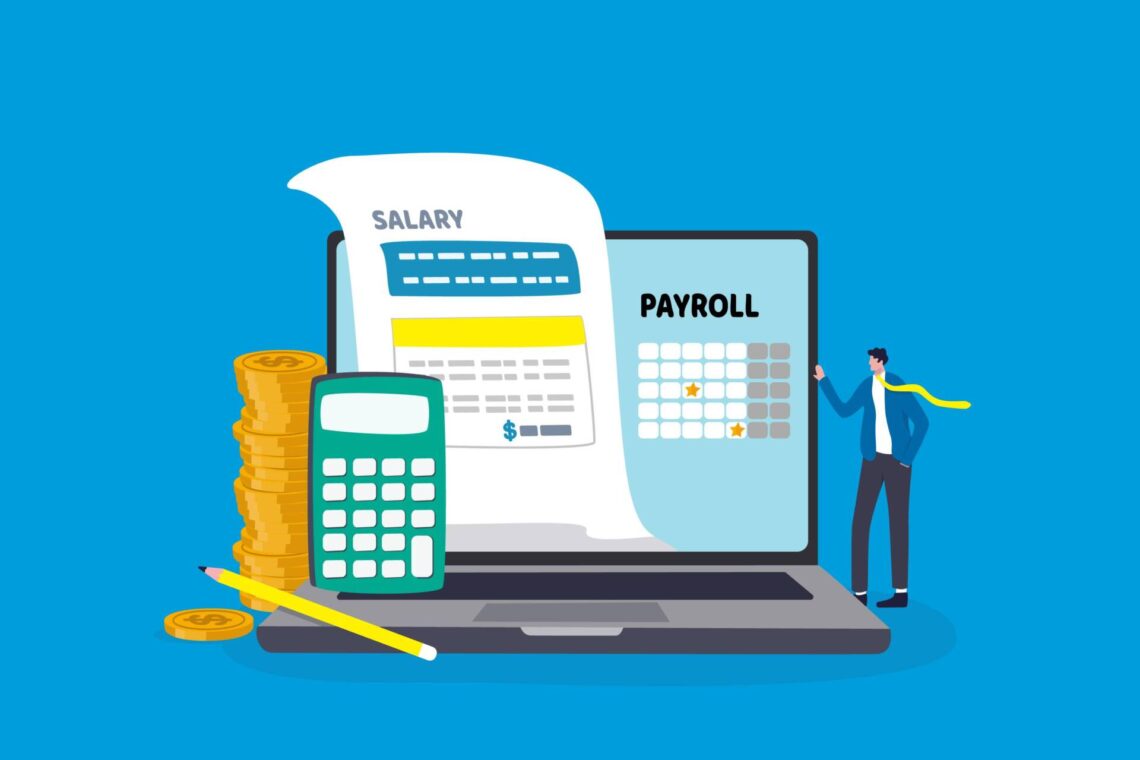The 2017 Federal Budget is out. I must say I don’t feel there is too much the average person can complain about this year. Those hit have really been foreigners and the large institutions and multinationals. Certainly, a budget to try to get those poll ratings up.
However, remember all of this has get through Parliament so some things will be debated and changed (although it would be nice to see the various parties working together for some positive outcomes).
Focusing on Personal and Individual announcements we have broken things down into easy to understand sections.
Families / Individuals
- The 1% budget levy will come off on 1 July 2017. This was allocated to those with incomes over $180,000 so doesn’t affect most people, but will be a nice windfall for those on higher incomes
- There have been no changes to Personal Tax Rates and the Low-Income Tax Offset has remained unchanged.
- From 1 July 2019, the Medicare Levy will increase 0.5% to 2.5% to fund the National Disability Insurance Scheme (NDIS). There has also been discussion about setting up a separate ‘fund’ for Medicare and PBS to more accurately track spending and income.
- The Low-income threshold for Medicare Levy will increase to $21,655 for singles for 2016/17 yr. There are also relative increases for couples to $36,541 and each depended an extra $3,356.
- Family Tax Benefit A will not have any increases to the maximum rate from 2017/18 for 4 years.
- Those not meeting the Government Immunisation requirements will see their Family Tax Benefit Part A reduced by $28/fortnight per child.
- A new Jobseeker Payment will be introduced from 20 March 2020 to consolidate 7 other current ‘working age payments’ including Newstart Allowance, Sickness Allowance and Partner Allowance.
Students
With taxpayer funded student loans at $52b and around 25% of that expected to never be repaid without changes this was an area expected to have changes.
- Those with HELP loans will see their repayment rates change from 2018/19. The threshold to begin paying back HELP debts is proposed to kick in at $42,000 and starting at just 1% repayment rate ($420 per year). Currently you begin paying 2% at around $54k, it’s proposed 2% repayments will be required from around $50k form 2018/19.
- From 1 January 2018 Australian Permanent Residents and most NZ citizens enrolling in Commonwealth Support Places (CSPs) courses at public universities will become fee-paying students and not eligible for subsidies. Only Australian Citizens and certain Special Visa Category Permanent Residents from NZ and Humanitarian refugees will remain eligible.
Property & Investors
The changes here for investors have been minor overall. Investors will take a small hit on the depreciation changes but over the life of the investment the outcome is minimal. It’s unlikely to change much investor behaviour in the market.
- Home buyers purchasing newly constructed residential properties (or new subdivisions) will be required to remit GST directly to the ATO as part of settlement. The ATO has clearly identified an issue having GST paid by developers even though they have claimed GST credits as the client’s home has been built. It will be interesting to see how the detail in this one works out. Most people do you conveyancing services so it will be extra administration at their end.
- For those with rental properties there are 2 changes to reduce deductions
- Cease the ability to claim travel expenses to view/inspect your investment property.
- Restriction of some depreciation deductions on a rental property for ‘plant and equipment’. These are usually items that can be ‘easily removed’ from the property eg. Dishwasher, ceiling fans, curtains etc. The restriction is being placed on a purchaser if the items are already in place. In this case, they will simply be part of the cost base and not able to be depreciated. For investors who actually make the purchase (ie. Install a new dishwasher) the current depreciation options still apply.
- The ability to Salary Sacrifice up to $15k per year (to a total of $30k in a lifetime) into Superannuation in order to save a deposit for a first home from 1 July 2017.
- Concessional Contributions need to be made within the existing caps – currently at $25,000 per year for all ages.
- Withdrawals will be allowable from 1 July 2018 and will be taxed at marginal rates less a 30% offset.
- Essentially you will save 15% on savings using this method than if you were to take the funds and save in your bank (given that you earn very little interest in bank accounts these days).
- Any associated deemed earnings will also be able to be withdrawn.
- The Capital Gains Discount will increase from 50% to 60% for gains relating to investments that qualify for affordable housing. To qualify the housing must:
- Be provided to low to moderate income tenants
- Rent must be charged at a discount to the private rental market
- The housing must be managed through a registered community house provider
- Must be held for at least 3 years
Foreign Investors
Foreign residents have been hardest hit with a few other changes that should generate extra revenue for the government.
- The government is proposing an annual charge on foreign investors who leave their properties vacant for more than 6 months a year. We can only assume with increased data matching capabilities between various government departments this will make this type of charge possible. We might see a surge of Air BnB listings appear!
- A new 50% cap has been proposed on foreign ownership of new developments. We feel this is a good move to open opportunity to Australian buyers. It will be interesting to see however if there are Australian buyers for the properties and the effect it will have on prices, if any.
- Foreign investors will also see changes to the Capital Gains Tax rules including:
- removal of CGT Main Residence Exemption
- increase in the withholding tax to 12.5% from 1 July 2017
- reduction of the CGT withholding threshold down to $750k from $2m
Retirees
- Pensioners will receive a one-off payment of $75 for singles and $125 for couples paid before the 30 June to assist with winter electricity prices.
- The government will allow proceeds of up to $300,000 from downsizing your home to be made as a non-concessional contribution to super. The aim of this is to free up larger homes for younger families by providing an alternative place for funds to site when the family home is sold. Some of the details
- Starts from 1 July 2018
- Contributions will be in addition to those permitted under existing rules and caps
- Contributions will be exempt from the age test, work test and $1.6m total superannuation balance test for non-concessional contributions (those contributions that you don’t gain a deduction for but you also don’t pay tax on when deposited)
- It applies to the sale of a Principle Residence that has been owned for 10 years or more.
Note that the proceeds will not be exempt from the Age Pension Assets Test which includes any Superannuation Balances
If you have any queries or require guidance in relation to any budget issues please don’t hesitate to contact our office.





